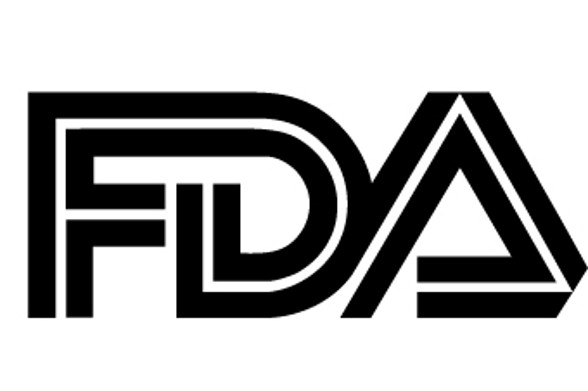
Senior members of the Senate health committee today released two separate reports from the government’s independent watchdog finding the Food and Drug Administration (FDA) lacks a clear plan to help the agency keep pace with the science behind the drugs and medical devices it regulates and to ensure its three centers are working together to efficiently review life-saving medical products.
“These reports demonstrate the need for Congress to pass smart laws and then conduct rigorous oversight to ensure that an agency tasked with safeguarding the health of Americans isn’t falling behind. As we work to pass the most important legislation this year in 21st Century Cures, I will also be working to ensure FDA carries out provisions of the 2012 law that were intended to help its centers work together and help the agency keep up with the fast pace of science,” said Senate health committee Chairman Lamar Alexander (R-Tenn.) in an official statement.
The Food and Drug Administration Safety and Innovation Act (FDASIA) was signed into law in 2012 following overwhelming bipartisan support in Congress and required the FDA to develop a plan to ensure the agency is keeping up with the fast pace of science and the new medical products it is tasked with regulating.
To improve the agency’s ability to review groundbreaking drugs and medical devices—for example, combination medical products like a heart stents that also deliver blood thinners to prevent clots —the legislation also required the FDA to develop a strategic integrated management plan (SIMP) to improve coordination between its three centers overseeing medical products: biologics, drugs, and medical devices. Congress included both of these provisions in the 2012 law after hearing from frustrated patients and makers of innovative drugs and medical devices about a slow, unpredictable review process at the FDA.
Report Findings
The first report from the Government Accountability Office (GAO) finds the FDA is not measuring whether or not the agency is making progress in keeping up with the science behind the drugs and devices it regulates—what is called “regulatory science”—nor is it accounting for the $504 million the agency spent from FY2010 – 2014 on regulatory science.
According to today’s report, “FDA does not have the information necessary to track funding and conduct strategic planning agency-wide for its regulatory science priorities because most of the centers and offices did not collect information on the FDA priority areas that were addressed by the projects they funded.” The GAO’s recommendations, which have been endorsed by the Department of Health and Human Services, are to both develop and document measurable goals, including targets and time frames and systematically track funding across its regulatory science priority areas.
The second report finds serious gaps in the FDA’s strategic plan, which was required by Congress in FDASIA to help the agency coordinate between its three centers and bring life-saving drugs and devices to patients more quickly. The GAO found the FDA’s plan “presents high-level information on goals and performance measures for medical product oversight, but lacks detail on how it will be used or implemented.” GAO continued, “The absence of a documented long-term plan for medical product oversight may hinder FDA’s efforts to address emerging issues that require center collaboration, such as access to quality data and developing requirements for combination products … [F]ormal strategic planning is needed for medical products.”
The GAO recommends that the agency use a strategic plan that involves all agencies—especially as America’s researchers are creating new and innovative medical products—adding, “Emerging issues—including increasingly complex medical products such as combination products, the need for integrated information systems, and the increased hiring demands for specific scientific knowledge—go beyond the expertise of a single medical product center and highlight the growing importance of strategic planning across medical products. Advances involving new diagnostic tools, treatments, and cures require collaboration in order to be successful.”
